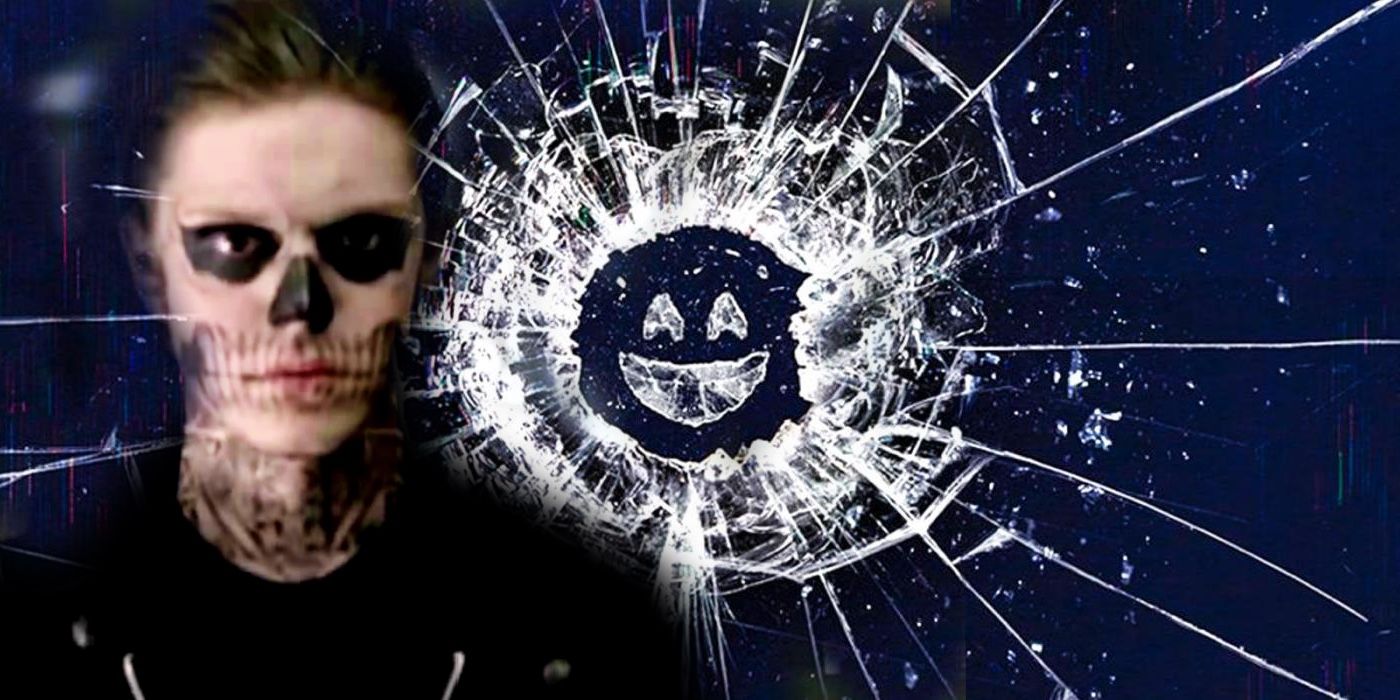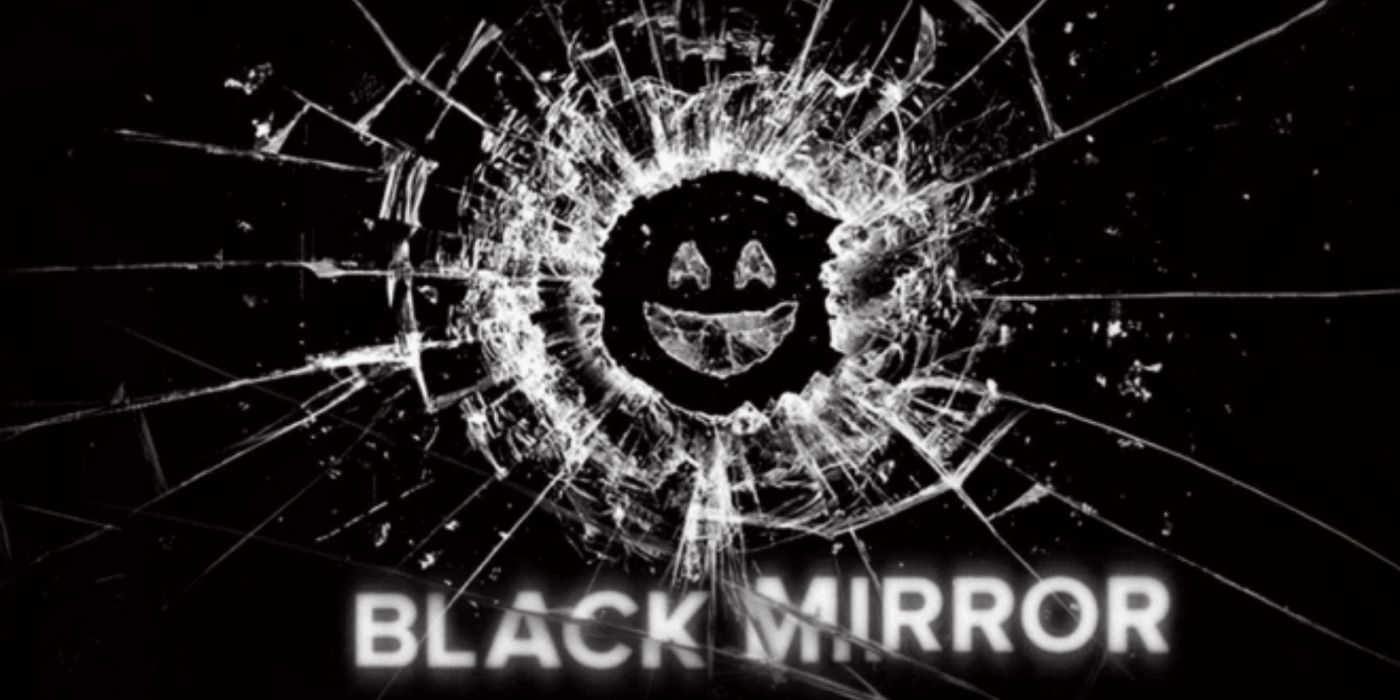Ryan Murphy's long-running horror anthology series, American Horror Story, will branch off into its own spin-off series, American Horror Stories, but in order to be successful, it needs to learn some valuable lessons from Black Mirror.
While the original series has been green-lit by FX through season 13, American Horror Story season 10 has been delayed until 2021. Even so, Ryan Murphy has been dropping hints to fans of the show regarding the theme for season 10 as well as making the major announcement that a spin-off series, American Horror Stories, is in development. American Horror Story debuted on FX in 2011, and its nine seasons have explored many different sub-genres of horror from nods to the 1980s slasher movie craze to adapting real serial killers into fictionalized versions of themselves to touching on American history and the wide appeal of the paranormal.
The decision for the spin-off series, which will likely include members of the original show's usual players in some capacity - Sarah Paulson has stated she wants to direct - to be a stand-alone anthology series is a welcome one. Not only will it differentiate the spin-off from the original show, but it could allow for Murphy to do bigger, bolder moves with the horror genre. However, straying from the formula could lead to problems if they aren't addressed early in the new series; here's how Black Mirror can help.
What American Horror Stories Can Learn From Black Mirror
Charlie Brooker's Black Mirror has been a massive success for the science fiction genre through its stories which revolve around humanity and the perils of codependence on technology. Black Mirror has a bit more range than what American Horror Stories might seek to provide, as each episode of Brooker's show deals with different elements of the human condition as it relates to technological advances. While there are episodes that are highly controversial and raised audiences' eyebrows, there are also instances of light-heartedness and love, such as in season 3, episode 4, "San Junipero".
However, despite the differences this automatically creates, it is also through this where American Horror Stories can learn its greatest lesson; diversity is a strength, not a weakness. The reason why Black Mirror has been so popular and done so well is because each episode is fully realized, stands on its own merits, and has a different message from the last. While there are some episodes that are lower rated and didn't resonate as heavily with audiences, there's still a message behind them, a cautionary tale, and a greater theme that's woven through the narrative.
Black Mirror also features some form of an interconnected universe through its creation of the Black Museum. American Horror Story debuted a crossover season (season 8, Apocalypse) and has brought characters back for brief appearances or casual mentions intermittently. It hasn't been confirmed whether American Horror Stories will exist within the larger American Horror Story universe, but season 4, episode 6, "Black Museum", wasn't as well-received for its choice to feature callbacks to other episodes. This is another lesson learned from Black Mirror; as the connected universe already exists in one form, the greatest strength the spin-off can utilize is an opportunity to be entirely unique and handle horror stories and subjects that haven't been tackled before.


